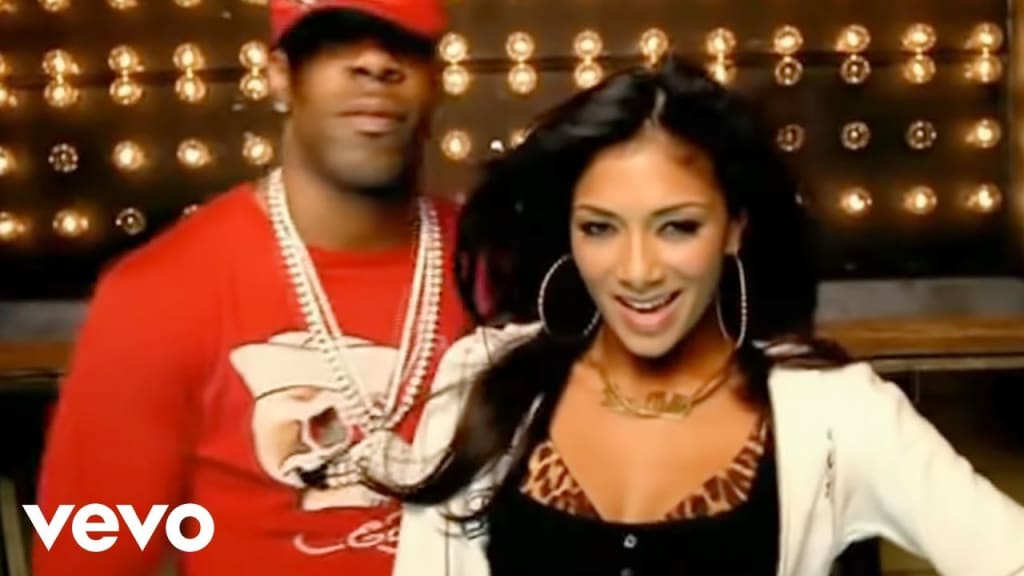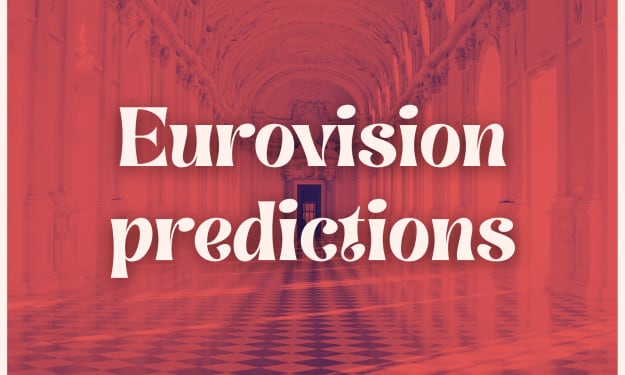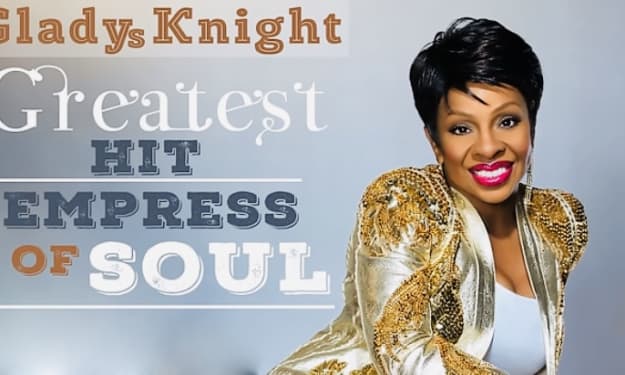The lyrical legacy of "Don't Cha" by The Pussycat Dolls
How this song compares to others with similar lyrics

In 2019, Ariana Grande released her single Break up with your girlfriend, I'm bored, a song about a woman wanting a man to end his current relationship to date her, instead. Among the mixed reaction, a small group of fans jokingly commented: "hey hey you you, I don't like your girlfriend", obviously quoting Avril Lavigne's 2006 single Girlfriend, which follows a similar storyline. While they were right, however, an older song came to my mind, namely, Don't Cha by The Pussycat Dolls (feat. Busta Rhymes), released in 2005.
Upon further reflection, the lyrics of Don't Cha recur in many other mainstream songs, even across different genres and sub-genres. I have identified at least three, which are probably the most popular: Girlfriend by Avril Lavigne (2006), Taylor Swift's You belong with me (2008), and Break up with your girlfriend, I'm bored by Ariana Grande (2019). I'm sure there are others, but in this article, I'll focus on these three for simplicity.
The common premise of these songs is the persuasion that the man involved likes the protagonist, not his girlfriend. What makes a significant difference, however, is how the girlfriend is treated. Don't Cha offers the most respectful perspective on this: the man's partner gets jealous whenever he meets the protagonist, but the protagonist decides to leave the couple alone because she respects his relationship status and empathizes with his girlfriend, admitting that she would get just as upset if she was his girlfriend.
The other narrators, unfortunately, are not as indulgent. Over the years, the girlfriend evolved into the enemy, the ultimate obstacle to the protagonist's happiness, a happiness that can only be reached through a relationship, apparently.
Girlfriend by Avril Lavigne is the perfect example of this turnover. The protagonist spends the entire chorus (and 2-3 additional lines) remarking on her disliking of girlfriend of her crush. She seems so caught up hating his girlfriend that she ultimately forgets about the boy himself. We only know that he is "delicious" and "addictive", the rest of the song talks about how the protagonist could be a better girlfriend, and how his actual girlfriend is "so whatever". Overall, I got the impression that the protagonist didn't like that boy and that she wanted to date him just to piss off the other girl.
In You belong with me, Taylor Swift uses a softer approach to the narration. The girlfriend keeps her evil aura and her incapability to fully understand and appreciate her boyfriend, which the protagonist allegedly does better, but, compared to Avril Lavigne, Swift describes the characters in more objective terms. From the lyrics, we learn that the protagonist is a "girl next door" who wears comfy clothes and struggles to stand out. She has a crush on her male friend, who has a girlfriend who dresses in a conventionally feminine way and is the captain of the cheerleaders.
Unlike the protagonist of Girlfriend, the narrator of You belong with me managed to dedicate some space to each of the characters. Indeed, we know that the boy is struggling in his relationship due to some misunderstanding with his partner, and the protagonist thinks she would be a better girlfriend because, since they are friends, she could understand him better. However, her wishes are hindered not only by his relationship status but also by her insecurities. This is completely understandable: the two girls are polar opposite, so it makes sense that the protagonist might think that she's not her crush's type.
These insecurities are more prominent in the lyrics than in the music video. While the video ends up with the protagonist and her crush together, the song has an unresolved and ambiguous ending. We don't know if she confessed her feelings, if they were reciprocated, if he dumped his girlfriend, or if this whole declaration stays in the protagonist's head.
In Break up with your girlfriend, I'm bored, we are almost sure that the whole fantasy of the protagonist remains, in fact, just a fantasy. Throughout the song, we get no clue that the narrator actually confesses to her crush since the chorus and the bridge are not located in a tangible moment, whereas the rest of the song focuses on their first meeting and the protagonist's persuasion that the man thinks about her and listens to her songs.
Overall, this element makes the song more relatable: who hasn't met a person, developed some feelings, only to find out they had a partner? The struggle is real, and it might be tempting to wish the two broke up, just like the narrator of this song.
Compared to Girlfriend and You belong with me, the protagonist focuses almost entirely on her crush - the only moment when she refers to his girlfriend is when she imagines that he regrets being with her because the protagonist is somewhat superior. This trait brings this song closer to Don't Cha than the singles by Avril Lavigne and Taylor Swift, but it still lacks its realness.
The realness of Don't Cha is directly linked to the fairness of its lyrics, but also its lower degree of relatability. These lyrics are the words of a mature, honest and confident woman, who is not afraid of being single, and does not compromise her values for a relationship, but most people are not like this. Most people, especially teenagers, are insecure, and still bamboozled by the idea that a relationship (or a boy, or someone's approval, you name it) is the ultimate source of happiness. By contrast, this means that people are more likely to get bitter when they have to acknowledge that their crush is not single.
Regardless of their reaction, all these protagonists share a fatal flaw: the presumption of knowing that their crush reciprocates their feelings. All the protagonists of these songs are unreliable narrators because they only present to us their point of view. This point of view is heavily influenced by their feelings for their crush. However, the hope to be reciprocated is exacerbated to the point of hybris - they cannot fathom the idea of being wrong about this situation. None of them contemplates this hypothesis. At most, they decide to let the man be out of fairness towards his girlfriend, but the fact that their crush might not be reciprocated does not cross their minds once.
Personally, my take on this is that it's okay to feel these feelings and to think these thoughts, but we should always be mindful of their evolution. Having a crush should never come at the expense of the person you like or their partners, family, friends, etc. so, if we find ourselves relating a bit too much to Girlfriend, You belong with me, and Break up with your girlfriend, I'm bored, (a.k.a. before going out of our way to get a partner who is not single) it's time for us to stop and reflect on the type of narrator we are.
I bet we would all come to the same conclusion: we are just as unreliable as the protagonists of these songs.
About the Creator
Simona Rosso
She/her. I write about pop culture, and I love dissecting every single medium I come across.






Comments
There are no comments for this story
Be the first to respond and start the conversation.